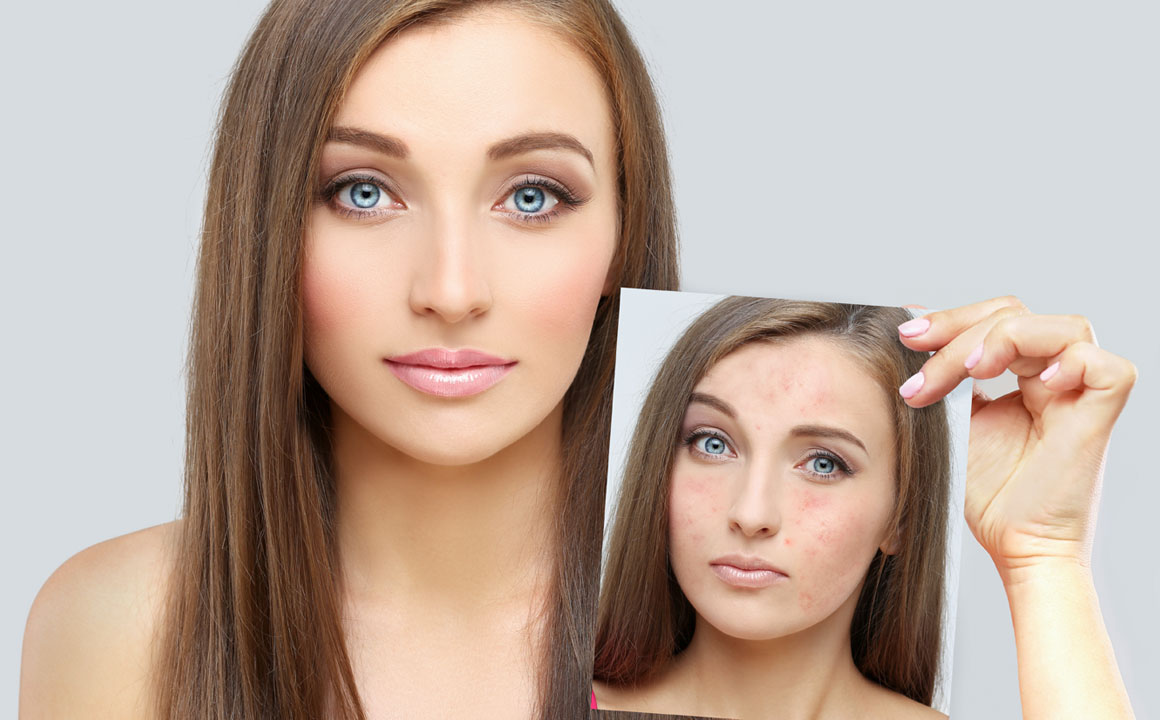Laser Treatment For Scars: 8 Things To Know

Scars can look unsightly, especially when they’re located on parts of your body that are constantly exposed. Some scars are so bad that they can have a negative effect on one’s self-esteem, while others are itchy or even ache to the point that they can limit one’s mobility.
There are many ways to treat scars, but laser treatment is known for being one of the most effective ways to deal with scars. If you’re interested in this option, you may be tempted to book an appointment right away. However, there’re a few things you need to know about the procedure. Here’s a quick look at what you need to know ahead of time.
Treatment Will Not Totally Eliminate Scar
Contrary to popular belief, laser treatment will not completely get rid of the scar. The treatment will only change or its appearance and make it less visible. The type of treatment and size of your scar will also determine its appearance after treatment. For instance, in CO2 laser treatment, continuous short pulses of light are directed to the scar to precisely remove the top thin layers of the skin. This encourages the skin to produce collagen. When it heals, the skin will be smoother, tighter and clearer, and the scar will be less visible. For more details on different types of laser treatment, you can always visit a Bankstown laser clinic and inquire about the cost for each procedure.
Prior Medical Consultation Is Crucial
Prior consultation with your dermatologist is a crucial step that should never be skipped when planning to undergo a laser treatment. During consultation, your doctor will gather important information like your overall health, allergies, and the history or condition of your scar. Your doctor will also ask for a few details about your lifestyle. This information will help your doctor know the best way to tackle your situation and also advise you on how to adequately prepare for the treatment. During consultation, your doctor will also help prepare you mentally and tell you what to expect after the treatment. If your doctor insists on starting the treatment before consultation, don’t hesitate to walk away.
Sun Protection Is A Must Before And After
Undergoing a laser treatment with a sunburn or tan can have severe adverse effects on your skin because the laser will literally burn your skin cells. You should stay away from the sun even after treatment because direct sunlight on laser-treated skin can be dangerous and runs the risk of making the scar look even worse.
Life Style Changes May Be Necessary
To avoid complications and make the treatment a success, you may need to change your lifestyle for a recommended period of time before your laser treatment. For instance, you’ll have to:
- Stop smoking for a period of about two weeks before treatment.
- Stop using ibuprofen or vitamin E or medication and other supplements which can interfere with the healing process.
- Stop the use of products with glycolic acid or retinoid for a period of two to four weeks before treatment.
- Take cold sore medication if you’re susceptible.
Treatment Might Require More Than One Session Or Technique
The condition or severity of your scar may require that you attend multiple laser treatment sessions, especially if you’re going for non-ablative treatment. Your response to treatment can also inform the number of sessions you attend.
To get the best results, your scar may also require that more than one technique is used to make it better. For example, severe acne scars may require dermal fillers on top of a laser treatment for optimal results.
Results Are Not Instant
Results from a laser treatment will not be instantaneous. In some cases, it may even take months before seeing any visible results. This is because the treated skin will need time to recuperate before new skin forms. However, successful treatments will show some degree of improvement as soon as you finish a session.
Insurance May Not Cover The Entire Cost
Unfortunately, insurance companies don’t cover laser treatments done purely for cosmetic purposes. However, if your scar is incapacitating or occurred as a result of surgery, the insurance may shoulder a portion of the cost. You may need to check with your insurer prior to the treatment to make sure you don’t get caught off-guard by unexpected expenses.
Pain
Non-ablative laser treatment will cause a little discomfort during the procedure. However, ablative treatment will be more painful, and require the use of sedatives during the treatment and shortly after. The doctor will also prescribe pain relief and anti-inflammatory meds for the days following the operation.
Conclusion
Laser treatments have been known to treat scars effectively. However, the degree of success will be highly dependent on the skills of the doctor performing the treatment. That’s why it’s important to do thorough research before you settle on a particular dermatologist. Make sure that the doctor is a board-certified dermatologist skilled enough to carry out such procedures. Read their online reviews and check their work background and ethics. Word of mouth by friends and referrals can also be an effective way to look for the right doctor.
Share via:





Leave a Comment